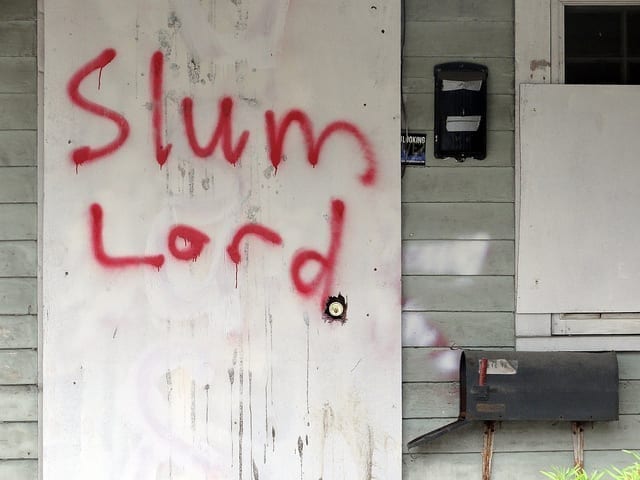Why is it that so much of modern life, frankly, sucks? Sure, we have a few fun gadgets and some booze (and in some places, legal marijuana) to distract us and ease the weltschmerz, but why does it so often seem that this is the natural, unavoidable state of things? Can we hope for better? Life isn’t always easy or fun, and learning that is part of growing up. However, there really is more pain than there absolutely has to be, and that’s because misery is profitable.
Why is it that so much of modern life, frankly, sucks? Sure, we have a few fun gadgets and some booze (and in some places, legal marijuana) to distract us and ease the weltschmerz, but why does it so often seem that this is the natural, unavoidable state of things? Can we hope for better? Life isn’t always easy or fun, and learning that is part of growing up. However, there really is more pain than there absolutely has to be, and that’s because misery is profitable.
Several stories making the rounds lately drive this point home.
Who can forget the shocking video that surfaced last week, of United Airlines passenger David Dao being yanked from his seat and dragged down the passageway? While individual examples like this underscore the brutality of the scramble for profits, we shouldn’t allow it to entirely eclipse the way airlines have purposefully increased their customers’ suffering in more subtle ways for years. Everyone loves a cheap ticket, but downward pressure on fares encouraged airlines to split off the amenities which used to come standard, such as the ability to bring a carry-on bag or sit near your travel companion, and made them available for a fee. When the basic flight experience is deliberately made inconvenient, slow, and awful so customers are glad to pony up the extra fees, how cheap is that ticket, really? It’s a kind of extortion. Misery is profitable when customers pay to avoid it.
Did you take an Uber on your way to the airport? If so, did the app show you and your driver the same price? There’s a chance that it didn’t. According to a proposed class action suit against the ride “sharing” not-a-taxi service, Uber engages in subtle sneakiness whereby the driver is paid the appropriate fee for having driven the short, direct route, and the passenger pays the fee that would be charged for the “scenic” route, with Uber pocketing the difference. No matter who you think is (allegedly, of course) getting shafted here, fee inflation or wage theft is wrong, but that kind of misery is profitable as long as you don’t get caught.

Uber is just one example of the gig economy, though. This more-or-less sub-economy and wave of the future is now global, with people all over the world competing with each other in a race to the bottom for jobs that pay little and offer no benefits such as health insurance or sick days. As conventional jobs go away and marginal workers lose in a kind of economic musical chairs game for the remaining positions, the gig economy beckons. This is fine for a while, so long as potential Uber drivers, data entry clerks, ghostwriters, and errand runners are young and healthy, but eventually, everyone gets sick or just too old.
Also, when workers are individuals competing against every other individual, labor abuses are easier to perpetrate. That kind of misery is profitable for the buyers of cheap online gigs. It may seem like a free market victory when companies can hire inexpensive international labor and workers who might not otherwise find work can make an unregulated buck. The cumulative effect is what does the damage.
Even the kind of poverty that itself drives people to gig-economy desperation is a moneymaker for some folks. It might not seem like a renters in a rundown trailer park are any kind of cash cow, but that money, pinched from disability checks and pittance wages in exchange for leaky roofs and potholes, adds up. Evictions are much more common than they were generations ago too, and tenants often put up with all manner of abuses simply because they’re afraid of ending up in even more dire situations. What if the reason we just can’t seem to make inroads towards eliminating poverty is because, again, poverty’s misery is profitable for people who have no incentive to help alleviate it?
So remember, next time you curse Mondays for stealing you back to your workweek and away from what you really love, maybe it’s not Monday’s fault, maybe it’s a broken system – and systems can be fought and sometimes changed. Maybe it’s because our misery is profitable for someone, somewhere, and our collective Calvinist heritage as Americans drives us to embrace it without much question. Perhaps this is a fine time to start questioning.
Related: How We Benefit from Slavery
Sources:
“Calculated misery”: how airlines profit from your miserable flying experience
Uber said to use “sophisticated” software to defraud drivers, passengers


Join the conversation!